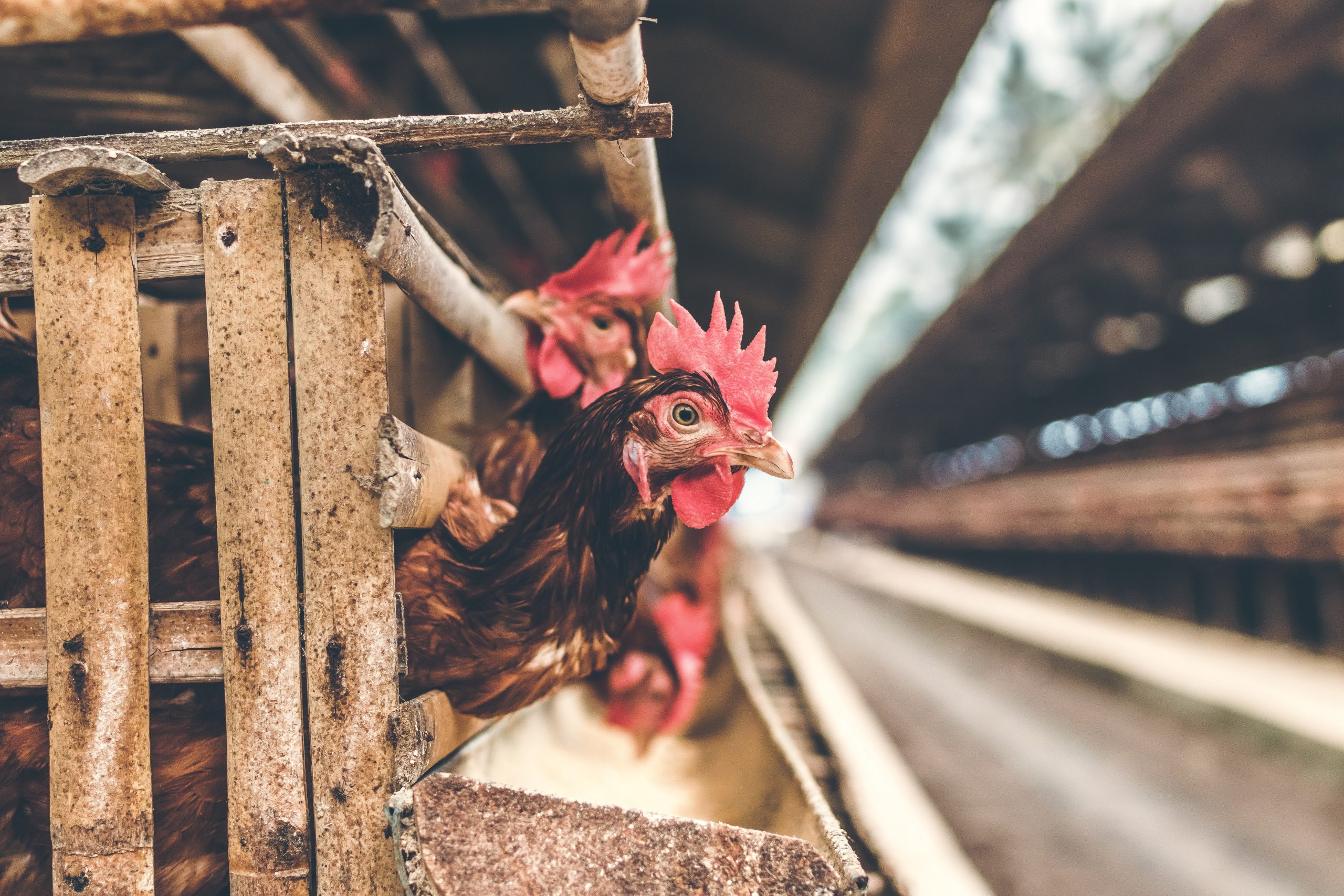BBC News: “Coronavirus: South Africa’s economic victims”
Run Time: 2:38
Abstract: This video explores the impact of the novel coronavirus on South Africa’s lobster industry. Prior to the outbreak of COVID-19 in China, South Africa exported 80 to 90 percent of its lobster to China. Following the health crisis and the mandatory quarantine of so many people in China, demand for lobster has all but stopped, putting extreme pressure on South Africa’s fishing industry. The price of lobster has plummeted, and some companies are wondering whether the industry will ever be able to recover. In hindsight, it seems that South Africa was overly dependent on a single country and going forward should diversify into other markets as well, but that is of small comfort for the fishermen who are finding it difficult to pay for their living expenses and food for their children.
Notes: In South Africa, seemingly a world away from the problems currently impacting China, fishermen are worried about their future and whether they will be able to survive. South Africa’s fishing industry, like so many other industries across the globe, has grown to depend on China for its livelihood. Now, with much of China still in quarantine thanks to the recent outbreak of the novel coronavirus known as COVID-19, Chinese consumption has ground to a halt and businesses everywhere are wondering whether they will be able to hold on until things return to normal.
South Africa’s fishing industry supplies lobster to China. Fishermen go out every day to catch the crustaceans which are then packaged and exported to China. One fisherman says he has been catching fish for the past 25 years in Jacob’s Bay, but now, suddenly, the market has dried up. He says that he is struggling to pay for his rent and utilities and to provide for his children. Until the outbreak of the novel coronavirus, China had been buying 80 to 90 percent of South Africa’s fish. Gaston Fernandes, CEO of Lusitania Fishing, says that in January, prices for live lobster were $44.50 per kilogram. Today, they are just $24 per kilogram, a price so low that the fishermen cannot breakeven. According to Fernandes, many vessels have stopped going out and many people are losing their jobs. He says that without the presence of COVID-19, prices would have remained high and workers would still have their jobs. The situation in South Africa is a clear illustration of the reach of globalization and certainly an example of the drawbacks of globalization. The country is facing possible economic disaster as a result of a health crisis in a country that is far away. Prior to the outbreak of disease, China’s economic growth contributed to the prosperity of South Africa’s fishing industry. Now, that same economic growth is contributing to economic hardship in South Africa and the loss of the country’s fishing industry. For South Africa’s fishing industry, the lesson, perhaps learned too late, is to avoid putting all of your fish in one basket. Instead, be sure to diversify your markets.
Discussion questions prepared by David Switzer.
Discussion Questions:
1. First, suppose the lobster market is perfectly competitive, with hundreds of firms catching and selling lobster across the world. Given this significant decrease in demand for lobster, what happens to the quantity and profits of an individual firm? Consider showing both the effect on the market and the effect on an individual firm in a graph.
2. If the decrease in demand for lobster is temporary, but some of the firms cannot survive long enough and will have to leave, what will happen to prices and profits for firms when the demand for lobster returns to its original level?
3. If the decrease in demand is permanent, will the lobster industry really disappear? What would have to happen to the demand and the price of lobster for this to be occur?
Source: BBC News “Coronavirus: South Africa’s economic victim’s”













